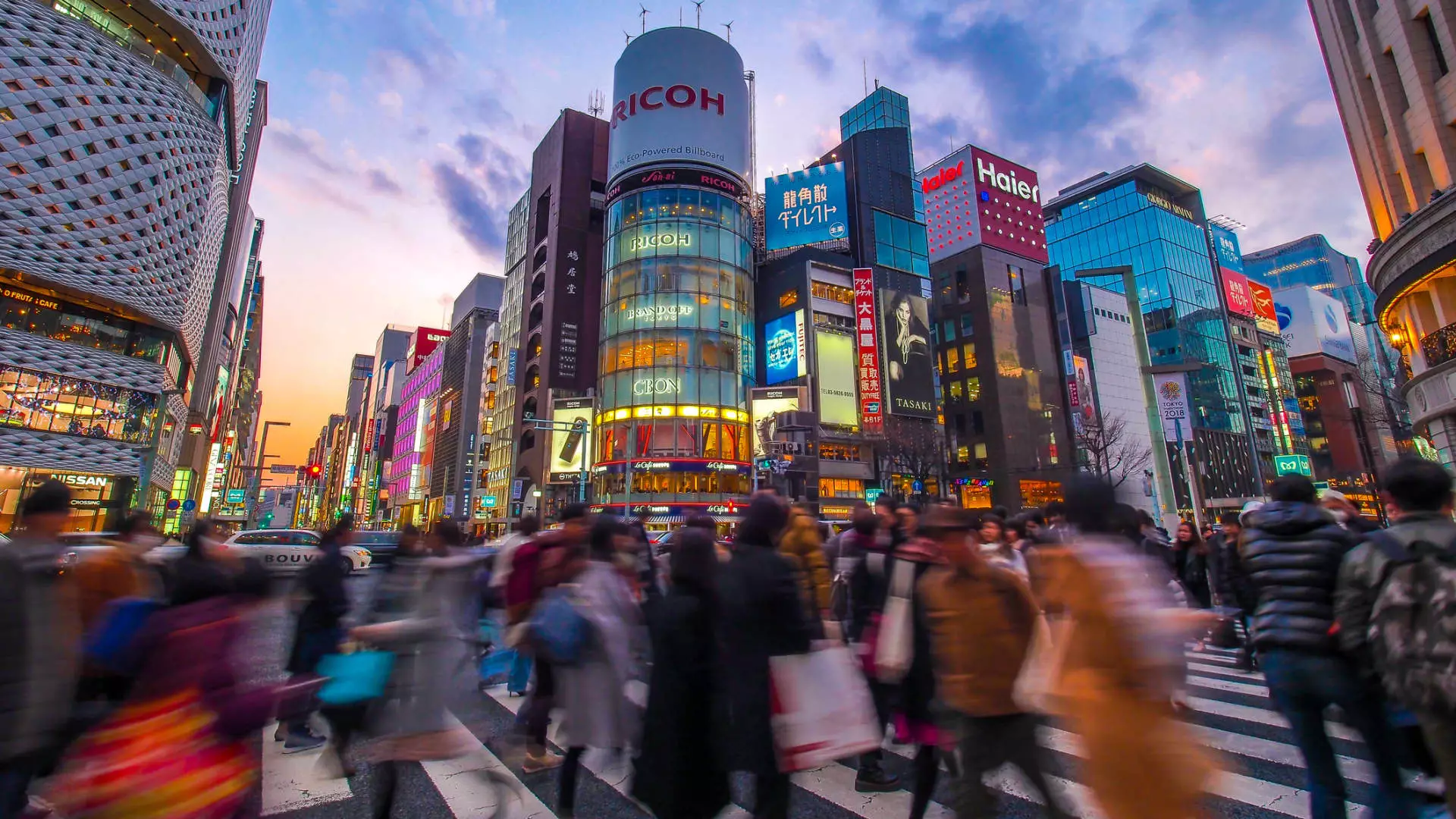The luxury market in Japan has experienced a significant surge in sales, largely attributed to the influx of Chinese travelers taking advantage of the weak yen. Brands such as LVMH, Kering, and Burberry have all reported an uptick in sales, despite facing challenges in the Chinese market. For example, Kering-owned Yves Saint Laurent saw a remarkable 42% increase in sales in Japan during the first half of the year, driven by the growing number of tourists from China and Southeast Asia. These tourists were attracted by the favorable exchange rate, making luxury goods more affordable in Japan.
The exchange rate between the Chinese yuan and the Japanese yen has played a crucial role in driving Chinese tourists to Japan. The Chinese yuan has appreciated by 6.9% against the yen this year, reaching its strongest level in at least 24 years. This currency movement has made shopping in Japan more attractive for Chinese travelers, as they can benefit from the pricing differentials created by the exchange rate. Additionally, the yen has weakened significantly against the U.S. dollar, making Japan an even more appealing shopping destination for international visitors.
The Growth of Chinese Tourists in Japan
The number of Chinese tourists visiting Japan has experienced a significant surge, with a 415% increase in the first half of the year, totaling 3.1 million visitors. This growth has been driven by factors such as increased flight connections, visa relaxations, and the appeal of Japanese culture and shopping opportunities. Companies like Trip.com have reported a substantial increase in spending from Chinese travelers heading to Japan, further boosting the luxury retail sector in the country.
The Appeal of Shopping in Japan
Chinese social media platforms have been buzzing with recommendations and tips on luxury shopping in Japan. Users have shared their shopping experiences and highlighted the attractive pricing differentials compared to other markets. Luxury brands also offer a more extensive product range in Japan, making it a preferred shopping destination for affluent Chinese households. The Oliver Wyman study revealed that prices in Japan were 10% to 30% cheaper than in mainland China across various luxury products, further driving the demand for luxury goods in the country.
The preference for overseas shopping among Chinese consumers has shifted, with Japan emerging as a top destination for luxury spending. As uncertainty about future income and travel restrictions loom, Chinese shoppers have become more cautious in their luxury spending. Prior to the pandemic, about half of Chinese luxury spending took place abroad, but that percentage has now decreased to 20-25%. Japan has positioned itself as the fourth-most popular destination for overseas luxury shopping, with Hong Kong still retaining its top spot.
The Impact on Luxury Brands
Luxury brands like Burberry have felt the impact of changing consumer behaviors, with a decline in mainland China sales offset by growth in Japan. Burberry’s mainland China sales fell by 21% in the latest quarter, while Japan sales rose by 6%. This shift in sales patterns has prompted luxury brands to reassess their strategies and focus on markets that show growth potential. The challenges faced in the Chinese market have led brands to diversify their geographical focus and adapt to changing consumer preferences.
Overall, the surge in luxury sales in Japan driven by Chinese travelers highlights the importance of understanding global market dynamics and adapting to changing consumer behaviors. The impact of exchange rates, consumer preferences, and external factors like the pandemic have reshaped the luxury retail landscape, requiring brands to innovate and strategize to remain competitive in a dynamic market environment.


Napsat komentář